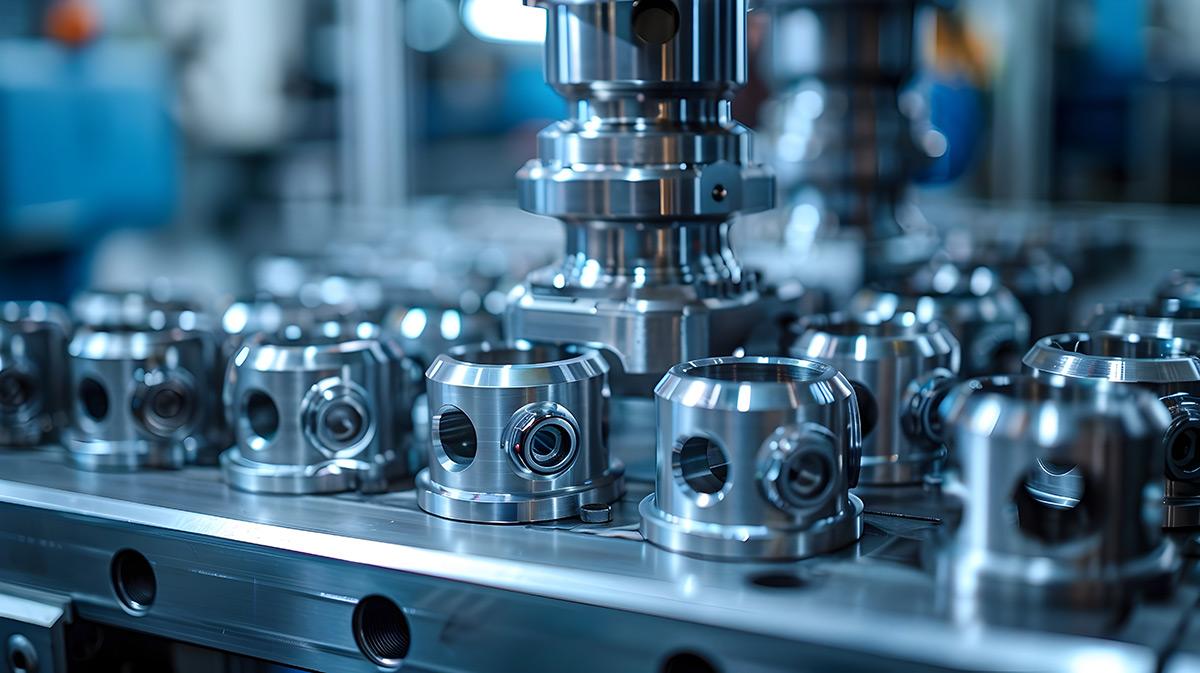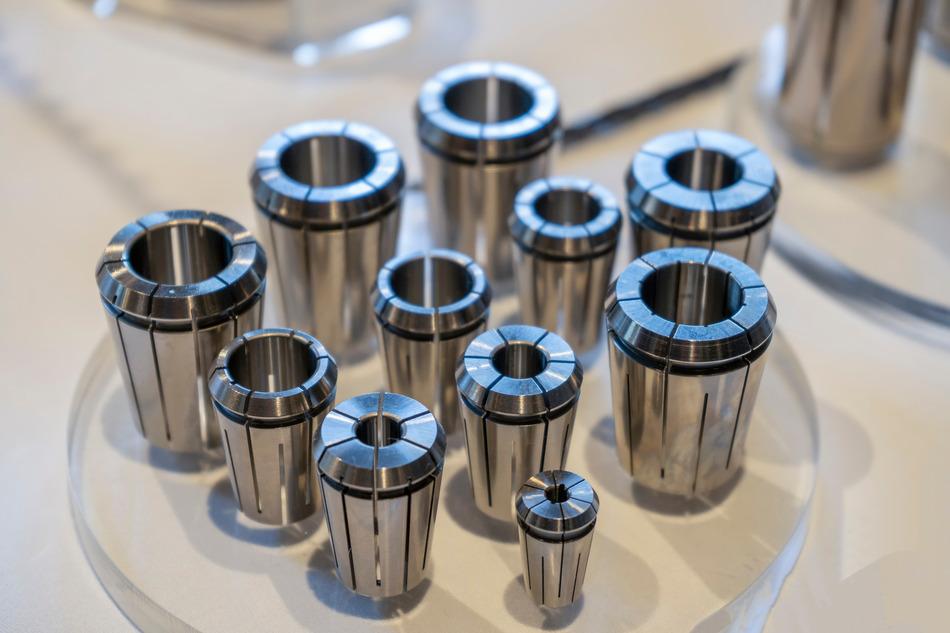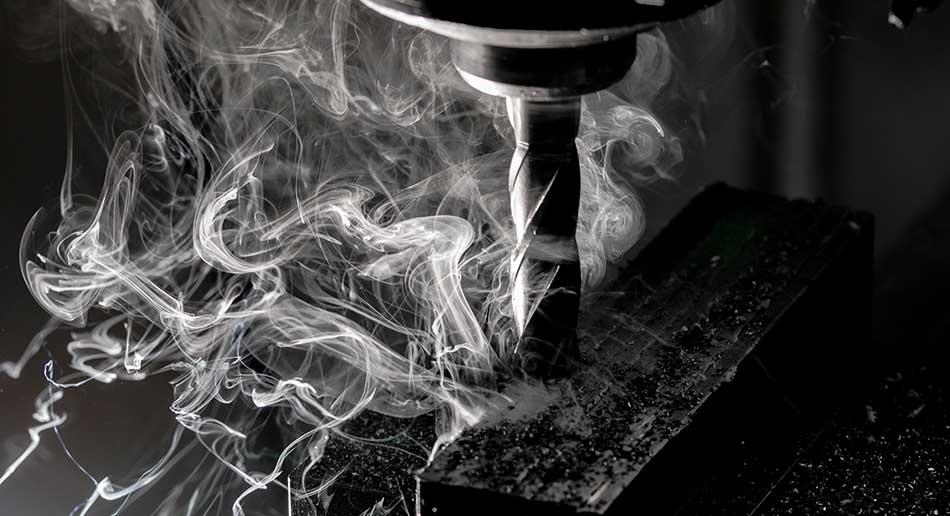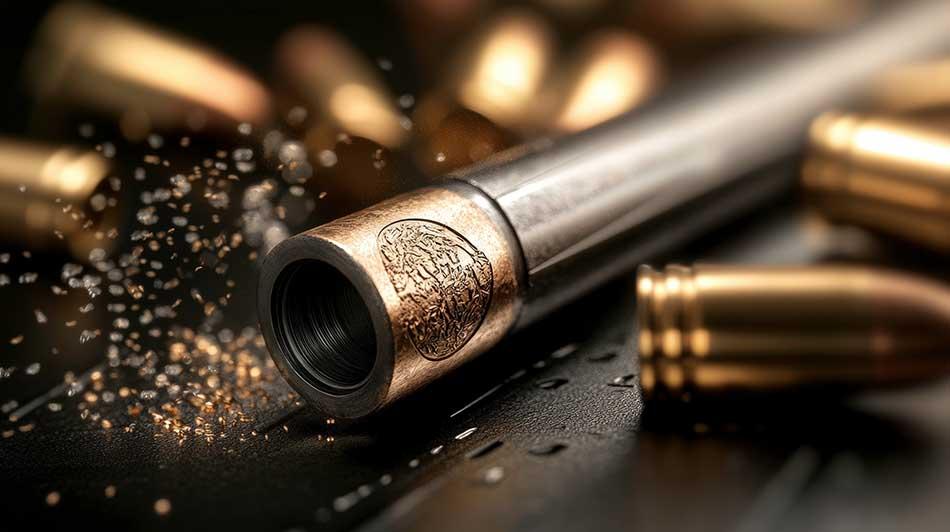Benefits of Using CNC Rapid Prototyping
CNC (Computer Numerical Control) rapid prototyping has become an essential tool in product development. It allows companies to produce accurate prototypes quickly, helping them speed up the process of testing and refining designs.
Using CNC machining services for rapid prototyping is a great way for companies to make high-quality prototypes that closely resemble the final product. This approach lets designers and engineers test their ideas faster, saving both time and money. For companies that need to develop products quickly, CNC rapid prototyping offers a clear advantage.
It combines the precision of CNC machining with the fast pace of rapid prototyping, enabling teams to test, improve, and finalize designs efficiently. From making a simple part to producing detailed, complex models, CNC rapid prototyping supports all stages of product development.
Why Choose CNC Rapid Prototyping?
One of the biggest benefits of CNC rapid prototyping is its ability to create high-quality prototypes with excellent precision and detail. CNC machines can follow very specific measurements, producing parts that match the exact specifications of a 3D CAD model. This level of detail is especially important for industries where accuracy is critical, such as aerospace, automotive, and medical fields. In these industries, even small errors in a product’s design can lead to serious issues, so precise prototypes are essential for testing and refinement.
Using CNC machines, designers can create machined prototypes that are almost identical to the final product in terms of size, shape, and material. This accuracy allows companies to see exactly how their product will look and perform. CNC allows companies to test a medical device prototype to see if it meets design requirements. The ability to create highly detailed prototypes also makes it easier to identify any adjustments needed before moving to full production.
Saving Time and Reducing Costs
CNC rapid prototyping is not only precise but also cost-effective. Traditional prototyping methods often require special molds or tools, which can be expensive and take a long time to make. With CNC, companies can avoid these extra costs because CNC machines can produce parts directly from digital files. This manufacturing process saves both time and money, allowing companies to test multiple designs without the need for extra equipment or molds.
The CNC machining process is fast, allowing companies to produce prototypes quickly and make adjustments as needed. This fast turnaround is particularly useful for companies that need to bring new products to market quickly. By shortening the development cycle, CNC rapid prototyping enables teams to get feedback on their designs faster and make improvements right away. Quickly creating and testing prototypes reduces the risk of costly design errors by identifying potential issues early.
Another benefit of CNC rapid prototyping is that it reduces material waste. Because CNC machines use only the material needed to create each part, there’s less waste compared to other methods. This not only saves money but also makes the process more sustainable, which is increasingly important for companies that focus on eco-friendly practices.
Flexibility in Design and Material Choices
CNC rapid prototyping offers flexibility when it comes to design and materials. CNC machines can work with a wide range of materials, from metals and plastics to specialized composites. This variety allows companies to create machined parts that closely resemble the materials they plan to use in the final product. For example, if a company plans to make a part out of stainless steel, they can use the same material for the prototype, allowing for more accurate testing.
The flexibility of CNC also makes it easier to make design changes. If a designer wants to try a different shape or size, they can simply adjust the 3D CAD model and upload the CAD file to the CNC machine, which will produce the new version quickly. Making changes on the fly is especially valuable in industries like consumer electronics and automotive, where teams constantly update product designs to meet market demands.
CNC machines can also produce molded prototypes that are similar to the final parts, which is useful for testing the product’s durability, strength, and overall functionality. This flexibility in materials and design options helps companies create accurate prototypes that reflect the final product, making testing more effective and reliable.
Smooth Transition from Prototyping to Full Production
Another major advantage of CNC rapid prototyping is the seamless shift it offers from creating prototypes to full production. After testing and finalizing a design, companies use the same CNC machining services to produce identical parts in larger quantities. This means they don’t have to make significant changes to the equipment or production process when moving from the prototype to the final stage, which saves time and ensures consistency across all parts.
CNC machines are compatible with a wide range of materials, so companies can keep using the same materials they tested in the prototype for the finished product. This makes the production process smoother, as companies don’t need to switch to new materials or redesign their parts for full-scale manufacturing. The 5-axis CNC capability also enables more complex designs, ensuring that each part meets the exact standards required for mass production.
By using CNC machines for both prototyping and production, companies can maintain high quality and consistency throughout the entire process. This consistency is critical for industries that need to meet strict standards, such as medical devices or aerospace components. CNC’s ability to handle everything from initial prototypes to large production runs makes it a valuable tool in any manufacturing process.
Comparing CNC Rapid Prototyping to Other Methods
While other methods like 3D printing and injection molding can also be used for rapid prototyping, CNC machining offers unique benefits. CNC machining produces strong, durable prototypes, making it ideal for parts that need to withstand stress or extreme conditions. 3D printing works by adding material layer by layer, which can sometimes create weak points in the design, whereas CNC machining creates solid parts that are highly reliable.
Another advantage of CNC over other methods is the level of precision it offers. With CNC, companies can create CNC machined prototypes with smooth, detailed surfaces that match the final design. This allows for more accurate testing of the product’s look and feel, as well as its functionality. The strength, accuracy, and reliability of CNC prototypes make it a preferred choice for industries that demand high-quality parts.
Using CNC for rapid prototyping also allows for faster adjustments. To modify a design, teams can easily update the CAD file and produce a new prototype. Achieving this quick turnaround is often harder with methods like injection molding, which requires new molds for each design change. CNC machining provides a balance of speed, strength, and flexibility that other prototyping methods may not offer.
Creating Precise and Detailed Prototypes
CNC rapid prototyping provides many benefits for companies looking to develop products quickly and efficiently. By using CNC machining services, designers can create precise, high-quality prototypes that allow for thorough testing and refinement. With CNC, companies can produce prototypes that are similar to the final product, giving them confidence that the product will perform well in real-world conditions.
From saving time and reducing costs to offering flexibility in design and materials, CNC rapid prototyping helps companies bring their ideas to life faster. The ability to quickly test and improve designs means companies can bring products to market more quickly, giving them a competitive advantage. For companies in need of a reliable, cost-effective way to develop products, CNC rapid prototyping is an invaluable tool. Contact us today to learn more about how our CNC rapid prototyping services can support your product development journey.
If you’re looking for precise, custom metal parts crafted to your industry’s exact standards, In-House CNC is here to help. Contact us at (951) 540-4820 or sales@in-housecnc.com to learn more about how our CNC machining services can support your unique project needs. Our team is dedicated to providing reliable, high-quality parts tailored to meet the demands of industries from automotive to healthcare. With CNC capabilities that allow for both milling and turning, we ensure every part is crafted with the accuracy and durability required for consistent performance. Reach out today to see how our expertise can support your industry’s specific needs.




